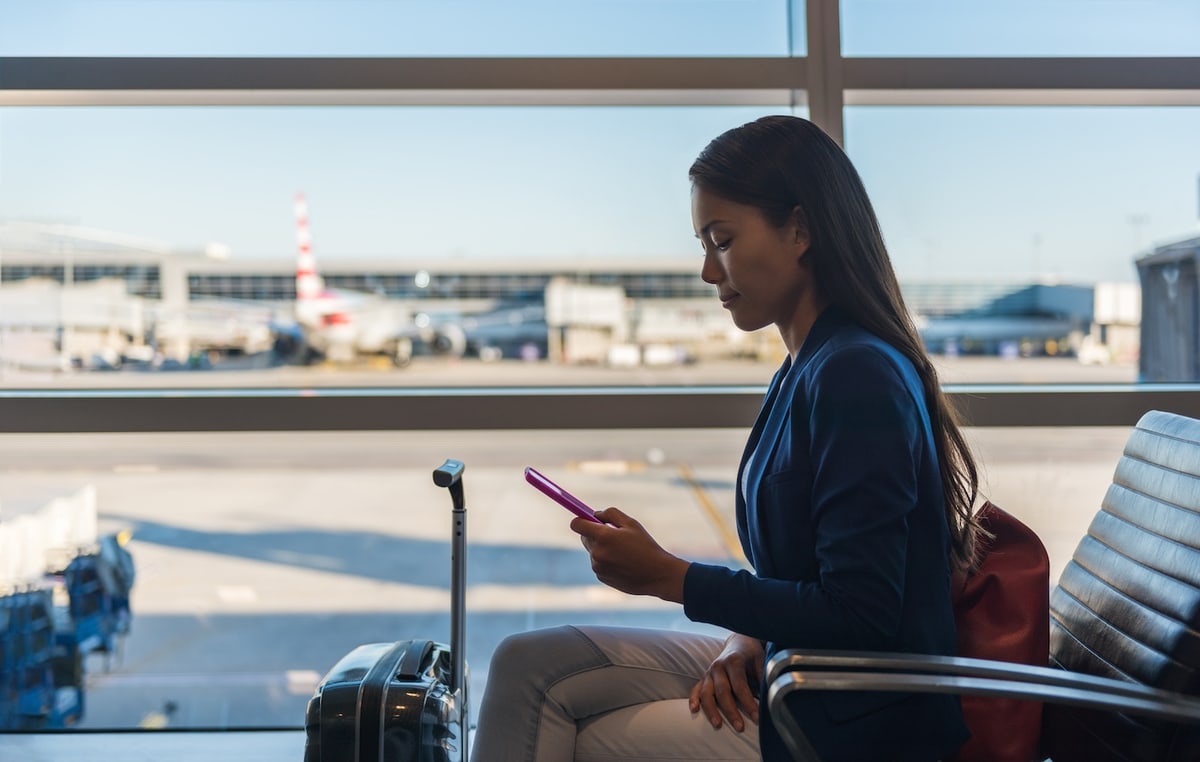
The Future of Business Travel
The past few years have propelled a need for intelligence and scalable travel risk management programs to protect organisations and their people. They have also taught us that risk is not confined to areas of an existing conflict. With escalating geopolitics, a significant increase in natural and environmental disasters and, more recently, the COVID-19 pandemic, companies have become increasingly aware of the growing risks travelling personnel face.
In a way, the pandemic has highlighted the broader implications of travel and risk in general. For companies, the understandable necessity for greater levels of due diligence before a trip is driving the need for greater levels of information and intelligence — and, likewise, for tools to enable travel risk management programs to be more scalable.
Business travellers themselves are also looking for more information and a deeper understanding of potential travel risks. Employees want to know about any new limitations that may be in place. They also want to know how to keep themselves safe while travelling and in-country and what to do should they require help. They want to feel confident that their organisation can, and will, fully prepare and support them with both their physical and mental wellbeing.
With travellers becoming more acutely aware of potential risks relating to travel, their understanding of the need for risk assessments and duty of care compliance is also greater, helping to drive a more positive attitude toward travel risk management in general.
Travel Risk Management Programs
So, how can business leaders develop their travel risk management programs?
Pandemic aside, a sound travel risk management program goes far beyond considering how to deal with an incident should it happen. To be truly effective, it needs to fully encompass proactive and reactive measures and be part of a company-wide approach to risk. It needs to involve numerous internal and external stakeholders working to the same end.
To assess whether a travel risk management program is truly fit for its purpose, organisations should start by asking themselves a few basic questions:
• Do we have clearly defined policies and procedures relating to travel from a health, safety and security perspective? Are these communicated and adhered to by all concerned?
• Do we have access to reliable, real-time health, safety and security information that can be used to support travel decisions? Are these easily communicated to travellers before they embark on any trip?
• Are all of our travellers provided with the necessary pre-travel training and relevant briefings to empower them as individuals?
• Do we have a process for controlling travel to higher-risk regions?
• In the event of a safety, security or health incident, are we able to locate and communicate with travelers and advise/support them accordingly?
• Do we have a robust incident/crisis management plan for dealing with emergencies? And is the plan this regularly tested?
• Do we have total visibility and confidence in all parties in the chain?
Specialist travel risk management providers can help steer organizations through the critical stages of planning and execution and automate many of the processes to ensure that even organisations without internal resources can effectively navigate a safe travel programme.
Threat Intelligence
Accurate and reliable threat intelligence is critical to travel risk management programmes. Threat intelligence is the information that an organisation uses to understand the threats travellers face now and in the future. This information starts as data which is gathered by analysts before it is processed and analysed to provide context such as the impact, capability or intent of the threat. It’s a key component that can empower your team and support traveller security by providing a clear understanding of the current threat landscape.
Threat intelligence can feed into your duty of care, and help you to protect your people as they conduct business across the globe. It allows you to better advise employees ahead of a trip so they too have an understanding of the place they are visiting, as well as ensure they are safe throughout their travels. Timely threat intelligence enables you to constantly monitor the security situation, quickly identify a change and respond to emergencies where necessary.
The Future Of Business Travel
When we look to the future, we need to consider both the long- and short-term view. In the long-term, travel is resuming a sense of normalcy and eventually rebuilding itself. However, in the short and medium term, organisations will need to think about travel very differently from how they have done in the past.
In the short-term, business leaders need to put far greater emphasis on the pre-trip due diligence process to understand the various elements of the trip and what risk mitigation looks like at each of the key stages. They will also need to look more closely at the destinations their travellers are visiting. Regions previously deemed ‘safe’ travel zones may now present a potential health risk in a way that they didn’t before, and companies need to allow time to understand the situation fully and undertake additional due diligence measures prior to any trip commencing.
Businesses and travellers will still find themselves facing the same travel risks as before — from minor disruptions like travel delays to major threats such as conflict, weather events, violent protests and disorder. Those risks haven’t gone away, and it is important not to lose sight of those risks when taking the next steps in bringing travel risk management programs into the future.
To learn more about Priavo Security’s extensive travel risk and journey management services, contact enquiries@priavosecurity.com.
